Rosemary Plant in a square planter
- Estimated Delivery : Up to 4 business days
- Free Shipping & Returns : On all orders over $200
Are you looking for a versatile and aromatic plant to enhance your home? Look no further than the rosemary plant. With its rich history, easy care requirements, and culinary uses, rosemary is a must-have for any garden or indoor space.
Background of the Plant
Rosemary (Rosmarinus officinalis) is a perennial herb that belongs to the mint family. It is native to the Mediterranean region and has been used for centuries for its culinary, medicinal, and aromatic properties. The plant features needle-like leaves and produces small, delicate flowers that range in color from white to pale blue.
Best Climate for the Plant
Rosemary thrives in warm and sunny climates, making it ideal for Mediterranean and coastal regions. It prefers temperatures between 60°F and 90°F (15°C to 32°C). However, it can also tolerate cooler temperatures down to 30°F (-1°C) if provided with proper protection.
Best Soils for Rosemary
Rosemary prefers well-draining soils with a pH level between 6 and 7.5. Sandy or loamy soils are ideal as they prevent waterlogging and allow the roots to breathe. If your soil is heavy or clay-like, consider adding organic matter such as compost or sand to improve drainage.
Watering the Plant
While rosemary is drought-tolerant, it still requires regular watering, especially during its establishment phase. Water the plant deeply once or twice a week, allowing the top inch of soil to dry out between waterings. Avoid overwatering, as it can lead to root rot.
Nutrition
Rosemary is a relatively low-maintenance plant when it comes to nutrition. It doesn’t require frequent fertilization. However, you can give it a boost by applying a balanced organic fertilizer in the spring. Avoid over-fertilizing, as it can lead to excessive foliage growth at the expense of essential oils.
Pruning
Regular pruning helps to maintain the shape and size of the rosemary plant. Prune the plant in early spring or after flowering, removing any dead or damaged branches. You can also trim the plant to encourage bushier growth. Use sharp pruning shears and make clean cuts just above a leaf node.
Pests
Rosemary is relatively resistant to pests and diseases. However, it can occasionally attract aphids, spider mites, and whiteflies. Monitor your plant regularly and take action at the first sign of infestation. You can use organic insecticidal soap or neem oil to control these pests.
Best Placement in Your House
Rosemary is an excellent choice for both indoor and outdoor cultivation. When growing indoors, place the plant in a sunny location, such as a south-facing window. Ensure it receives at least six hours of direct sunlight each day. If growing outdoors, choose a spot with full sun exposure.
With its fragrant foliage, culinary versatility, and attractive appearance, the rosemary plant is a delightful addition to any home. Whether you’re an experienced gardener or a beginner, this easy-to-grow herb will bring joy and flavor to your life.
| Weight | 6 kg |
|---|

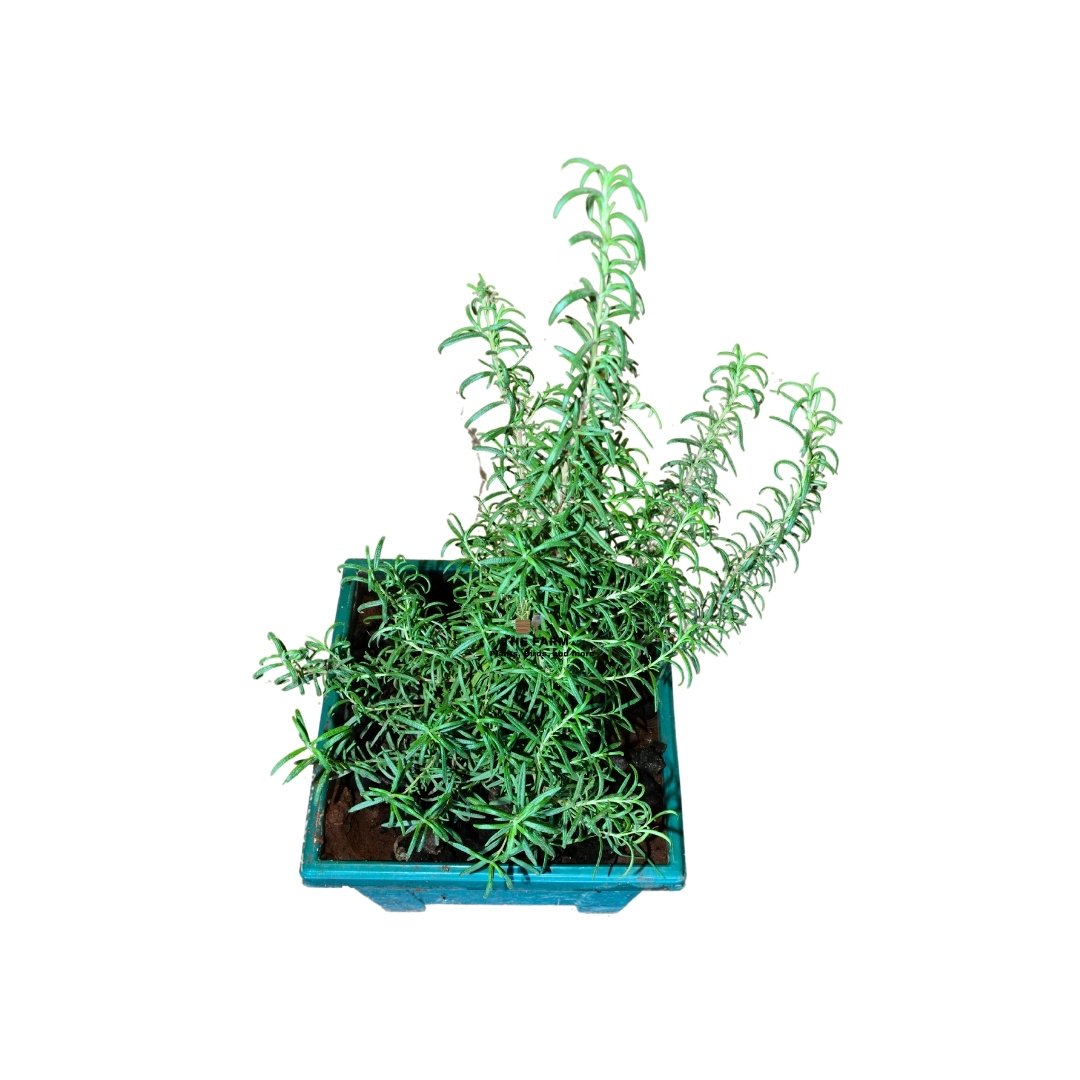
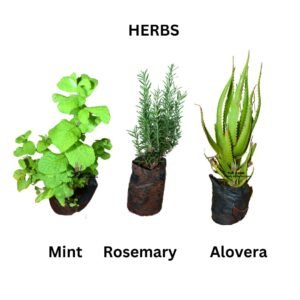
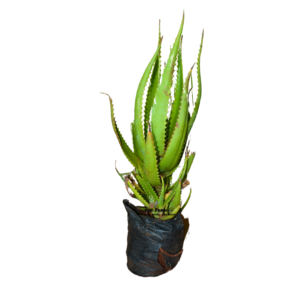
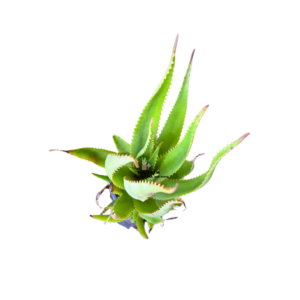

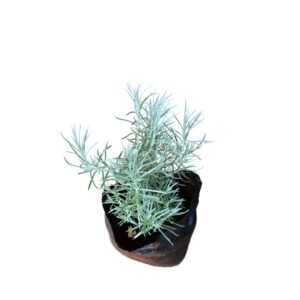
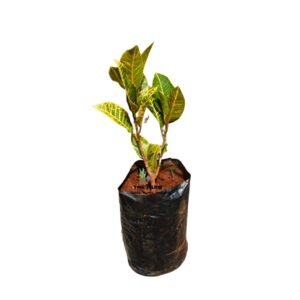
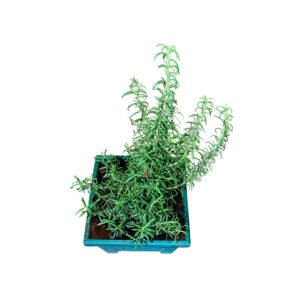
Reviews
There are no reviews yet.